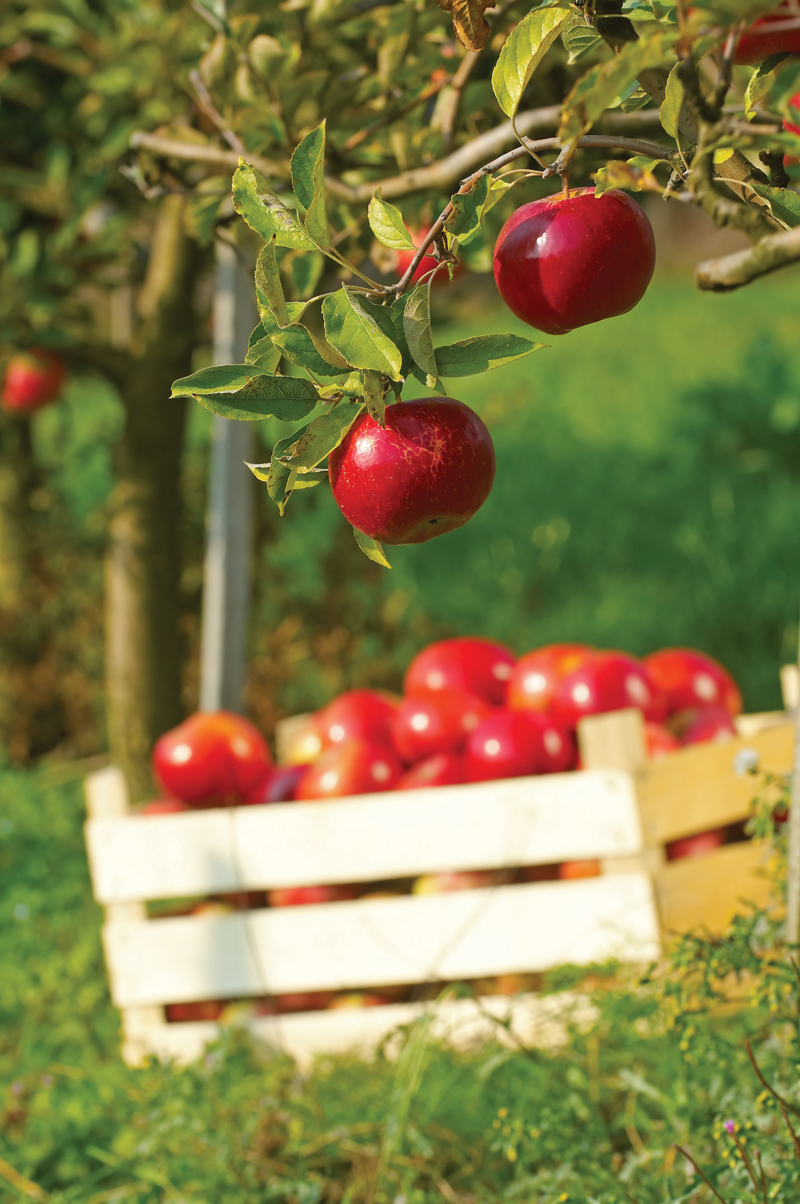Investing
How organic products can be good for your financial health

The horsemeat scandal may have opened up an opportunity for investors.
This year’s horsemeat scandal left a nasty taste in many consumers’ mouths, one that could have changed shopping habits for good.
On a positive note, however, it may have sparked an opportunity for the shrewd investor.
As people shunned processed meat, sales of organic food experienced a revival after a period of subdued activity thanks to the effects of the economic downturn.
In February – a month after horsemeat was first detected in frozen beef burgers – total supermarket organic sales increased to their highest level in nine months indicating consumers were choosing to buy organic as a guarantee of integrity, according to the country’s main organic certification body, the Soil Association.
This resurgence is positive for all parts of the organic product supply chain offering savvy investors a number of opportunities to profit.
Importantly for investors, ‘horsemeat-gate’ only served to re-inforce a list of other underlying positive factors within the organic market.
Healthy eating has become almost a fashion statement among younger people; the so-called ‘Jamie Generation’ of ethically-aware under-35s significantly increased their average spending on organic products in 2012, the Soil Association found.
London retailer Planet Organic says students are an increasingly important part of its customer base, accounting for 10% of all purchases in its five stores.
Despite this, retired people and ’empty nesters’ still account for almost half of all UK spending on organic products.
Environmental awareness is also driving growth in the organic market. Nearly half of organic shoppers are motivated by care for the environment and nature, while a third are influenced by animal welfare.
Professional investor Charlie Thomas, who manages the Jupiter Ecology fund, is bullish on the outlook for the market and has significant exposure to the organic theme in his portfolio.
He points in particular to strong demand from the US.
Despite the recession, US organic food consumption has been growing at 12% a year since 1997. Back then it represented just 2% of total food sales while now it accounts for 7%. He predicts this will double in the next 10 years.
“It’s a secular growth story. People are generally concerned about the quality of food.
There has been a psychological change,” says Thomas.
Ken Stuzin, US Equity Growth fund manager at Brown Advisory, also believes organic food is an area of significant growth.
“Today’s consumers are more heavily influenced by the quality and health benefits of the food products they are buying and it is this changing behaviour that is leaving some of the more conventional players in the food industry on the ropes,” he says.
“Organic food players, whether on the manufacturing or retailing side, are consistently taking market share from conventional players. With the overall share still quite low, this trend shows no sign of slowing.”
Picking companies that offer ‘pure’ exposure to the organic theme is not easy – there aren’t that many around. But investors who dig around will find them.
Whole Foods Market, the organic-food supermarket, is a leading player in the industry and both Thomas and Stuzin own shares in the company.
Stuzin says: “Despite Whole Foods Market stock being a major laggard since November, due to a mild deceleration of top line growth and concern around the company’s initiative to narrow its price gap relative to its conventional supermarket competitors, our view is that it is making a very calculated and strategically sound decision to accelerate its move into the mainstream with initiatives to be more competitive on price and accelerate store growth.
“We believe Whole Foods Market’s brand, balance sheet and proven model, position the company to be a long-term winner as the secular growth of organic and natural food continues.”
Thomas also owns United Natural Food, a distributor of organic foods, and SunOpta Inc. a leading global company focused on natural, organic and specialty foods products.
Other notable listed companies include: manufacturer, Hain Celestial Group Inc, which owns s several organic food labels, organic food maker, Annie’s and German-based producer, KTG.
Aside from the more direct route, investors can profit from the surge in the popularity of all things organic by looking at the way consumers purchase their goods.
Organic shoppers are increasingly choosing the convenience and variety offered by online shopping and specialist stores over the inconvenience and frustration of finding more limited ranges and stock at many supermarkets. Thomas says twice as many people buy organic food online than normal food.
The three leading organic home-delivery specialists – Ocado, Abel & Cole and Riverford – increased their combined turnover by 10.3% in 2012, while the seven leading multiple retailers saw their organic sales fall by 3.8%.
Online purchases now represent 10.1% of spending through the major retailers on organic products, compared to just 5.7% of all food and drink spending. The online boom means that shoppers now spend £4.1m on organic products online every week.
While it may still be a niche market, the demand for these products is set to explode as consumers demand better quality food. For investors, it seems organic food could be good for their financial health as well as their physical wellbeing.